From the secretary copying the play
Tran Huu Trang was born in 1906 in Phu Khuong village, Thanh Quon commune, Cho Gao district, former My Tho province, in a poor farming family. As a child, he learned Chinese characters from his father and Vietnamese characters at the village school, but he had a wide knowledge thanks to reading books and self-study. Being from a poor family, he had to work hard to make a living early, such as opening a barber shop in Tan Hiep market, working as a ferryman to transport goods to Huong Diem market, Ben Tre .
A rare photo of the composer on the internet
PHOTO: SCREENSHOT
According to the biography recorded in the memorial house, from 1928 to 1936, he was introduced by his cousin Nguyen Thanh Chau (playwright Nam Chau) to work as a secretary copying plays for the Tran Dat troupe, the Nam Phi troupe and then the Phung Hao troupe. From that environment, he began to write reformed plays under the guidance of seniors, including playwright Nguyen Cong Manh, the "playwright" of the Huynh Ky troupe of Bach Cong Tu.
From 1936 to 1945, he participated in the resistance war against the French, serving as Chairman of the Phu Kiet Commune Resistance Administrative Committee. In 1946, he returned to Saigon and worked in the Lien Viet Association. After the Geneva Agreement of 1954, he continued to work in Saigon, founded the Con Tam Cai Luong troupe and, together with Nam Chau, founded the Phuoc Chung troupe.
Tran Huu Trang's forte is the dan kim, the main instrument of traditional and reformed opera. Therefore, his barbershop in Tan Hiep market was also a gathering place for amateur musicians.
To Ms. Luu's Life
Around 1936 - 1939, a number of social psychological plays were admired by the public because of their content close to everyday life, reflecting the current social situation, of which the two most popular plays were Doi Co Luu and To Anh Nguyet by Tran Huu Trang.
Tran Huu Trang Memorial House in Phu Kiet Commune (Cho Gao District, old Tien Giang )
PHOTO: Hoang Phuong
The Life of Miss Luu was written around 1937. In early 1938, the Phung Hao troupe brought it to the stage. The advertisement in the Saigon newspaper on January 3, 1938, stated that the play The Life of Miss Luu, including artists Phung Ha, Nam Chau and the entire Phung Hao troupe, "will show all their talents to thank the audience for their patronage on the night of January 3, 1938" at the Modern theater. A year later, The Life of Miss Luu still attracted cai luong fans thanks to the cast of actors and actresses of the Phung Hao troupe, especially the role of artist Nam Chau.
After the success of Doi Co Luu , Phung Hao troupe continued to present To Anh Nguyet . "This is a new play, really good, first presented at Tan Dinh theater with an excellent cast such as Phung Ha, Tam Meo, Tu Thach, Bay Nho, Ba Nuoi, Tu Sang and Bay Vinh Long , each of whom has an indescribable good part" ( Sai Gon Newspaper , March 7, 1939). Later, Asia Records recorded this play with a team of actors who were admired by many people such as Tam Thua, Tu Sang, Ba Van, Ut Tra On, Co Nam Can Tho, Co Ba Ben Tre...
Then Lan and Diep
Based on the work "Tat lua long" by writer Nguyen Cong Hoan, playwright Tran Huu Trang wrote the play " Lan va Diep" , which was staged by the Nam Phi troupe and performed for the audience on the night of January 26, 1939 at Thuan Thanh theater, Da Kao (Saigon), with actress Nam Phi playing the role of Lan and actor Tu Ut playing the role of Diep, making many audience members cry (reported by Dien Tin newspaper ).
According to journalist Nganh Mai, seeing that the play Lan and Diep was so popular with many packed nights, Asia Records met with composer Tran Huu Trang to negotiate a record recording. At the same time, they asked him to shorten the play, so that the play could be recorded on as few discs as possible. Because before that, the San Hau and Quan Am Thi Kinh disc sets , each set had more than 10 discs, so they were slow to sell and difficult to sell. Therefore, he shortened the plot of the play, so Lan and Diep was recorded on only 4 discs and titled it Hoa roi cua Phat .
Also according to journalist Nganh Mai, the script Lan and Diep , written by Tran Huu Trang, was given to artist Nam Chau when the Viet Kich Nam Chau troupe was still active. When he entered the war zone, no one knew where this script was, nor did they see Nam Chau re-enact it. At that time, many Bau Teo troupes, because they did not have a main script, used the song and dialogue from the Hoa Roi Cua Phat disc as a background, then added to it to perform the play Lan and Diep, still attracting audiences.
Photos and portraits of composer Tran Huu Trang
PHOTO: Hoang Phuong
Around 1962, there was a troupe of Bau Teo who performed in Suoi Cut, Tay Ninh. Instead of ending with Lan dying, this troupe let Lan live, and the monk let her leave the temple and return to Diep. After the performance, an audience member went backstage to question the troupe leader: "Everyone knows that the play Lan and Diep ends with Lan dying, so why didn't Lan die today and instead returned to Diep?" At that time, the troupe leader was eating congee and sipping three cups of wine, so he replied: "Do you want Lan to die? Okay! Go see it tomorrow, I'll let Lan die!"
At the end of 1960, playwright Tran Huu Trang left Saigon for the war zone, joined the Presidium of the National Liberation Front of South Vietnam and held the position of Chairman of the Liberation Literature and Arts Association. On January 19, 1966, he sacrificed his life in Sa Mat, Tay Ninh, during the American B-52 bombing. Perhaps because he died in the war zone, at the current memorial house, his images and relics are very rare. We only saw a memorial photo and a statue.
Vien Truong Cinema, the predecessor of Bach Cong Tu's Huynh Ky Cinema
PHOTO: DOCUMENTARY
After playwright Tran Huu Trang passed away, Mr. Tran Huu Thuong (known as playwright Viet Thuong) took over his father's career working at the Phuoc Chung opera troupe. Mr. Thuong is now 92 years old and frail. His son, Mr. Tran Vo Quoc Buu, said that in addition to writing scripts, Mr. Thuong also worked hard to revise and edit some of his father's scripts for directors to re-create, to suit the mood of the times. (to be continued)
Source: https://thanhnien.vn/tran-huu-trang-thu-ky-chep-tuong-thanh-soan-gia-noi-tieng-185250703234527022.htm


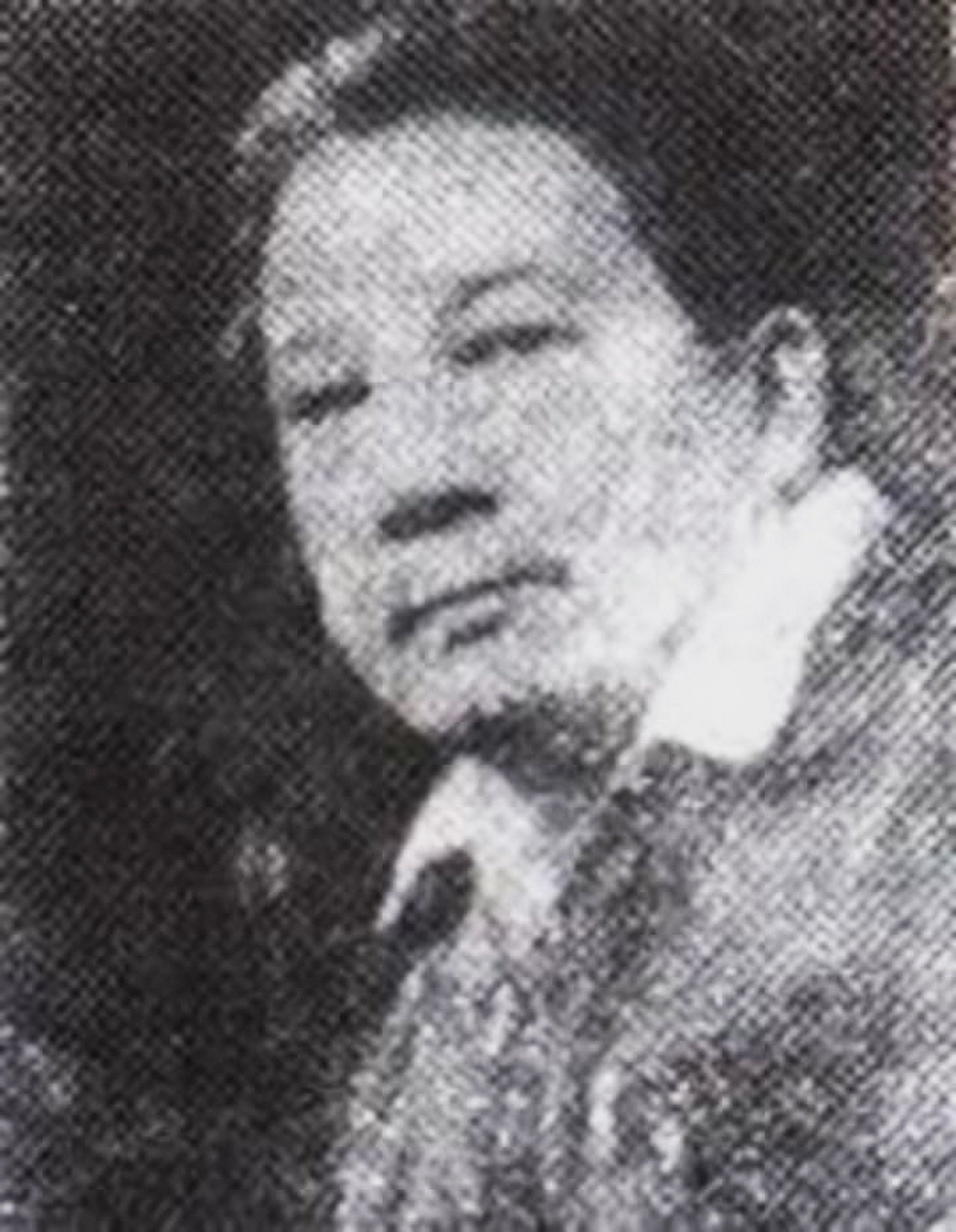
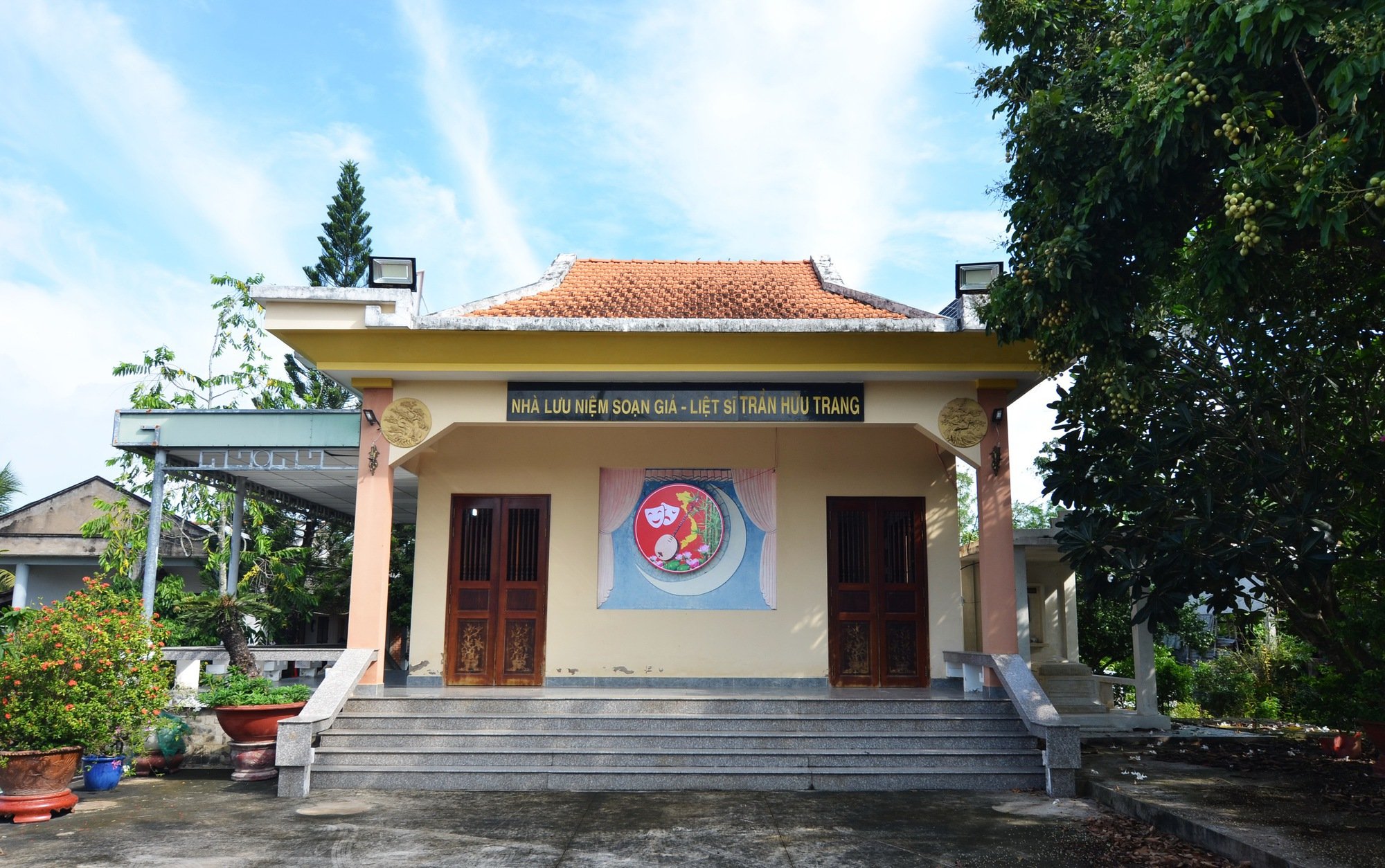

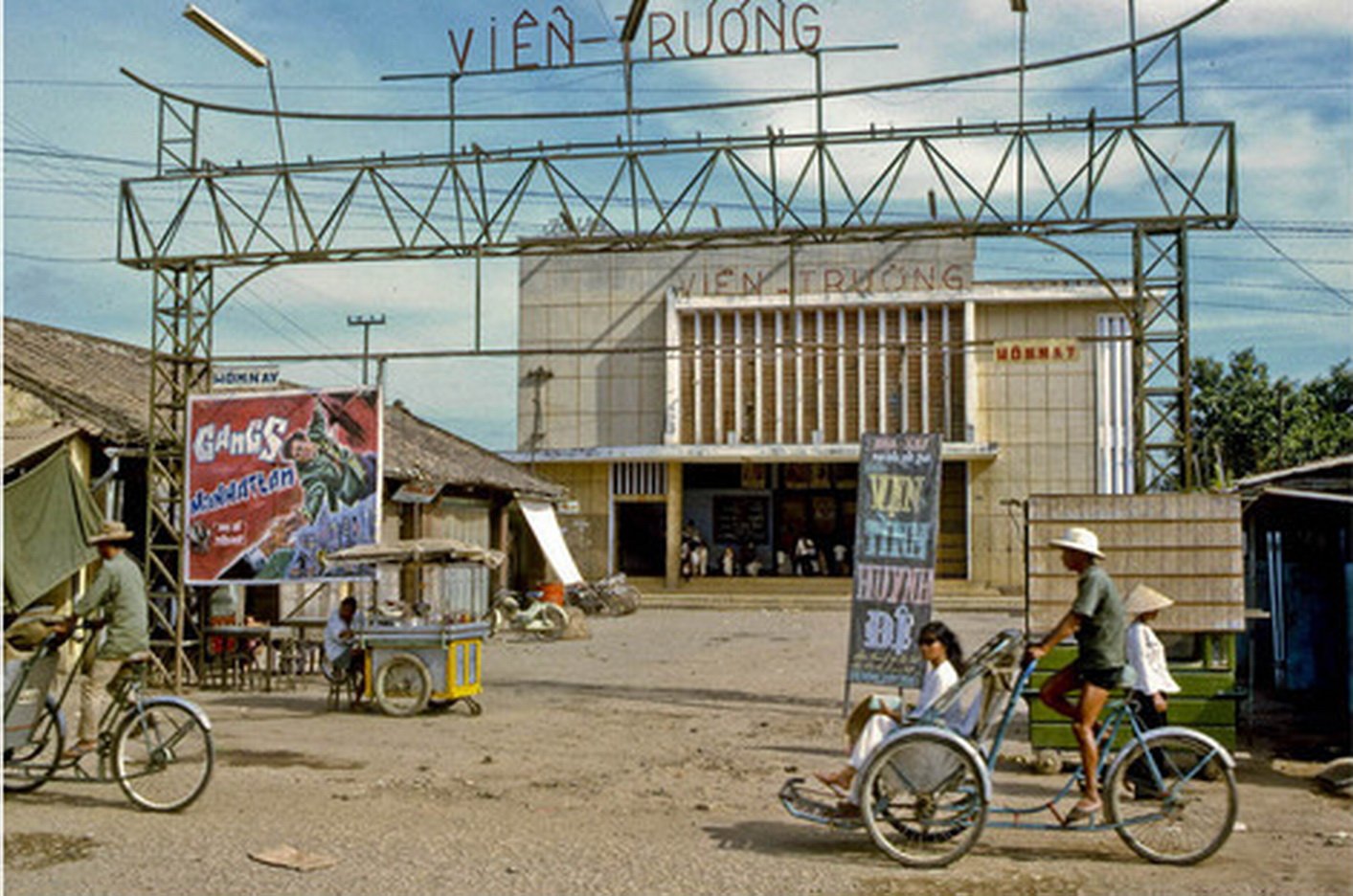






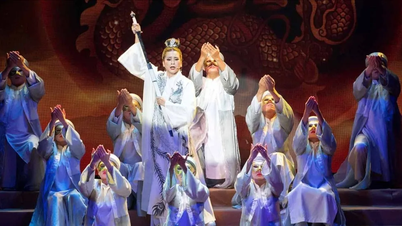







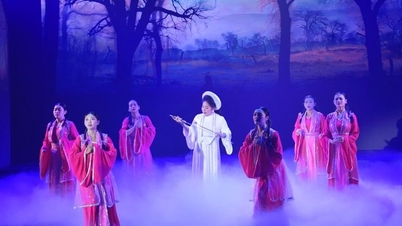





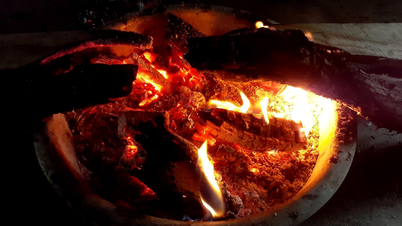

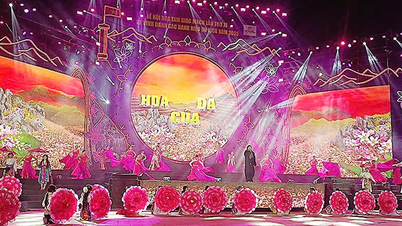





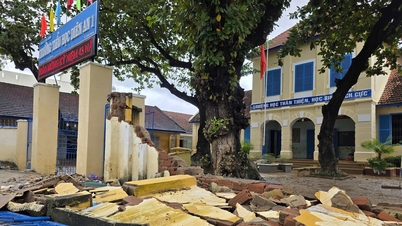
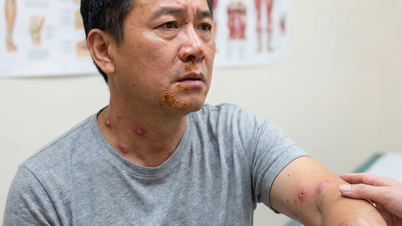























































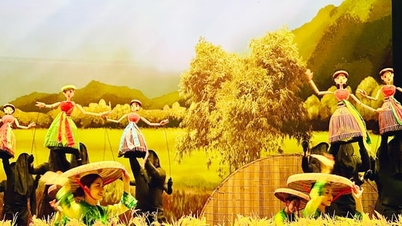


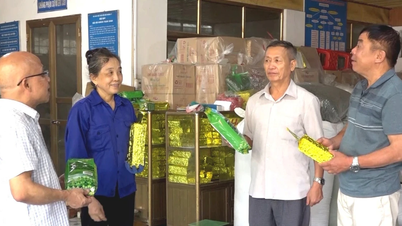



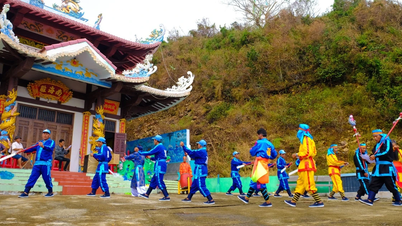














Comment (0)